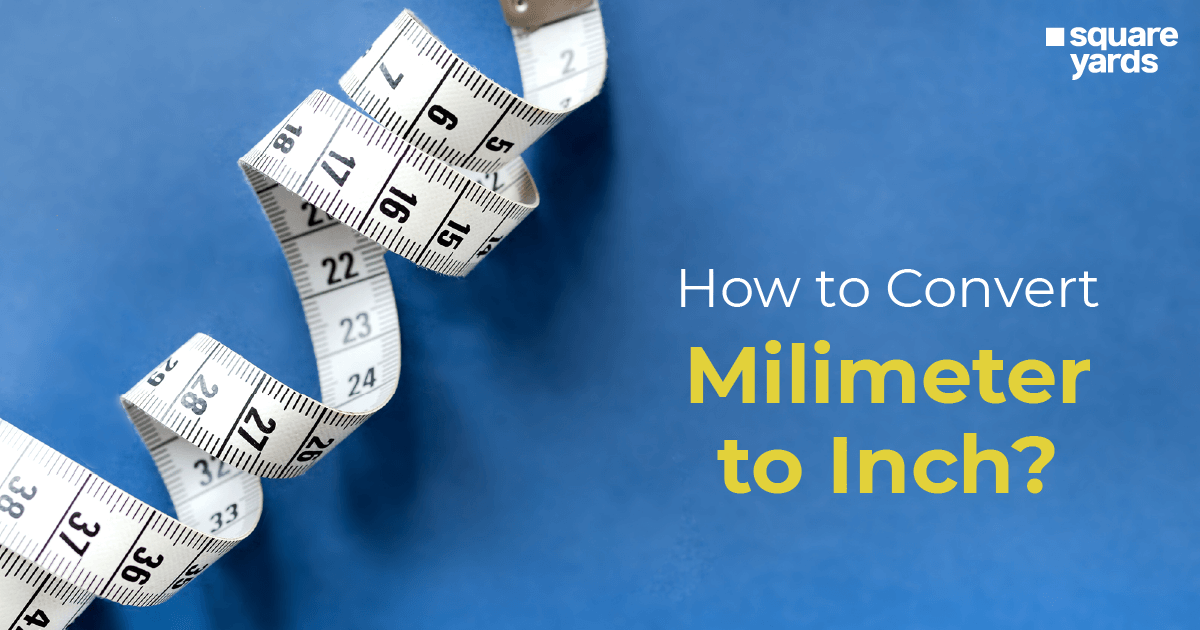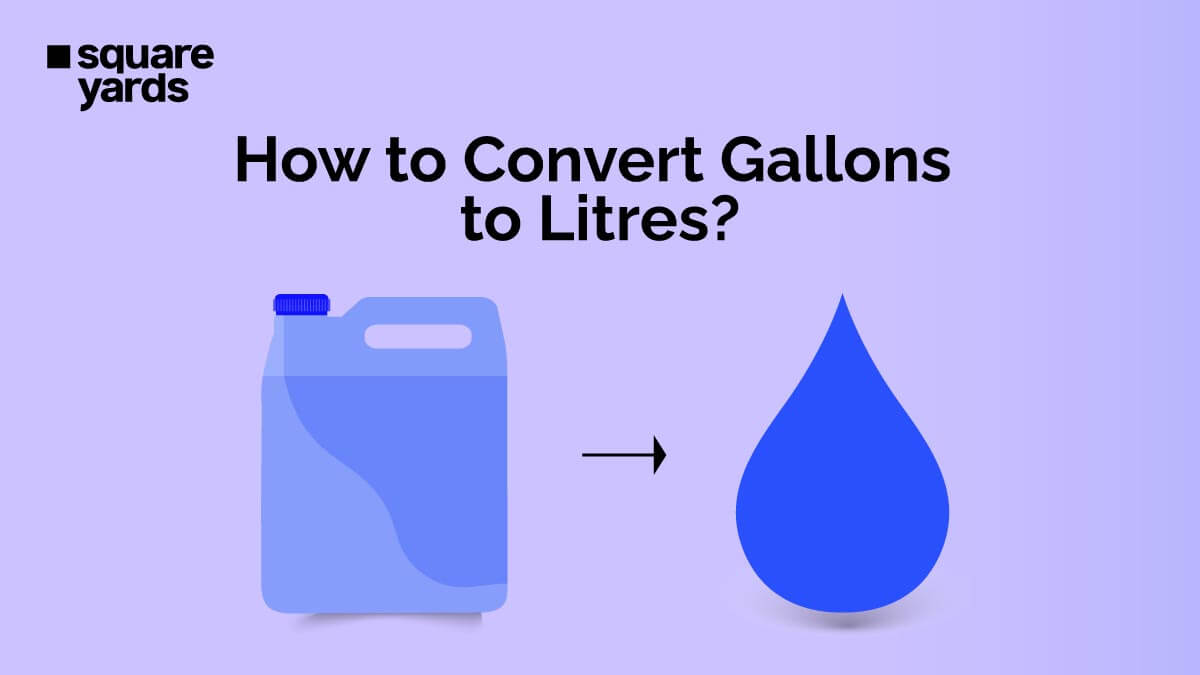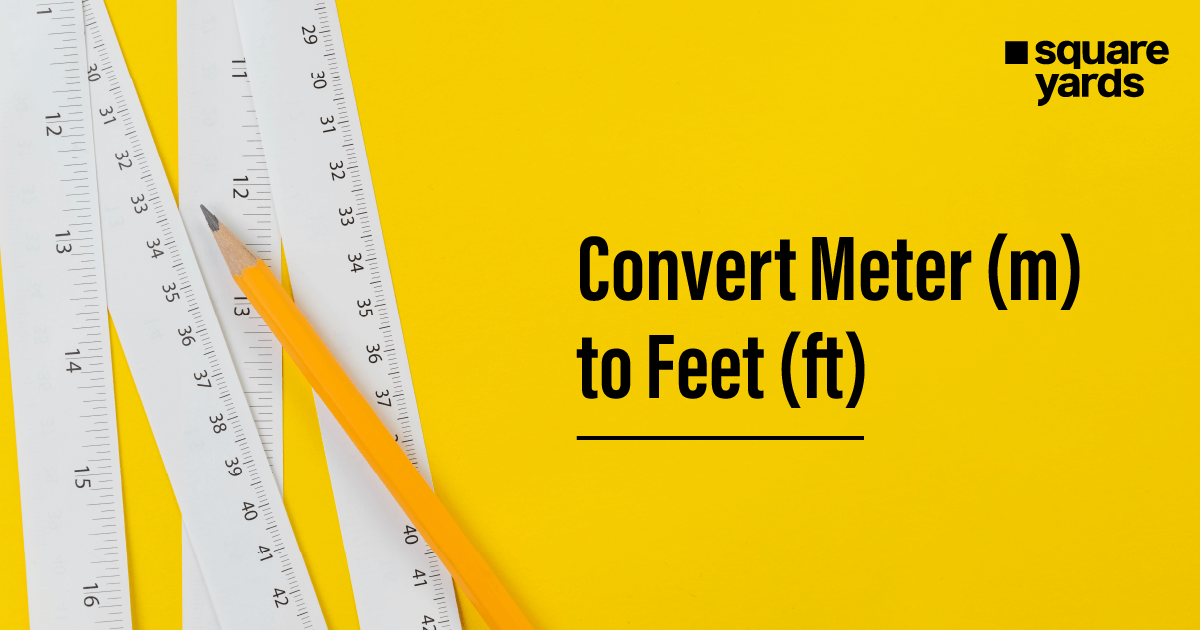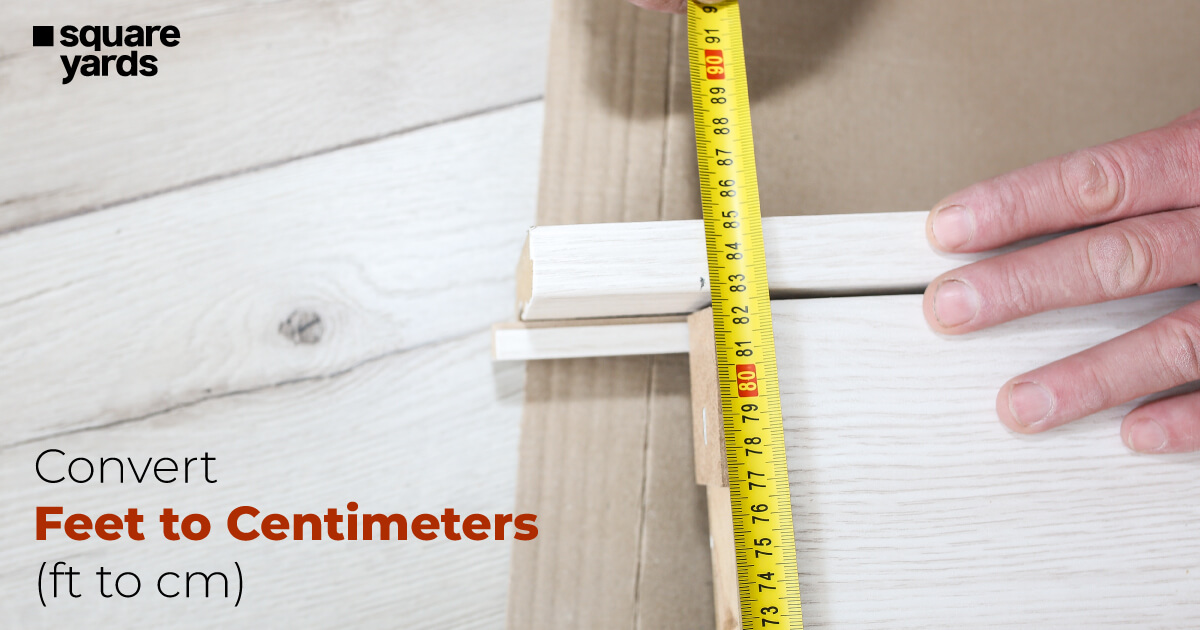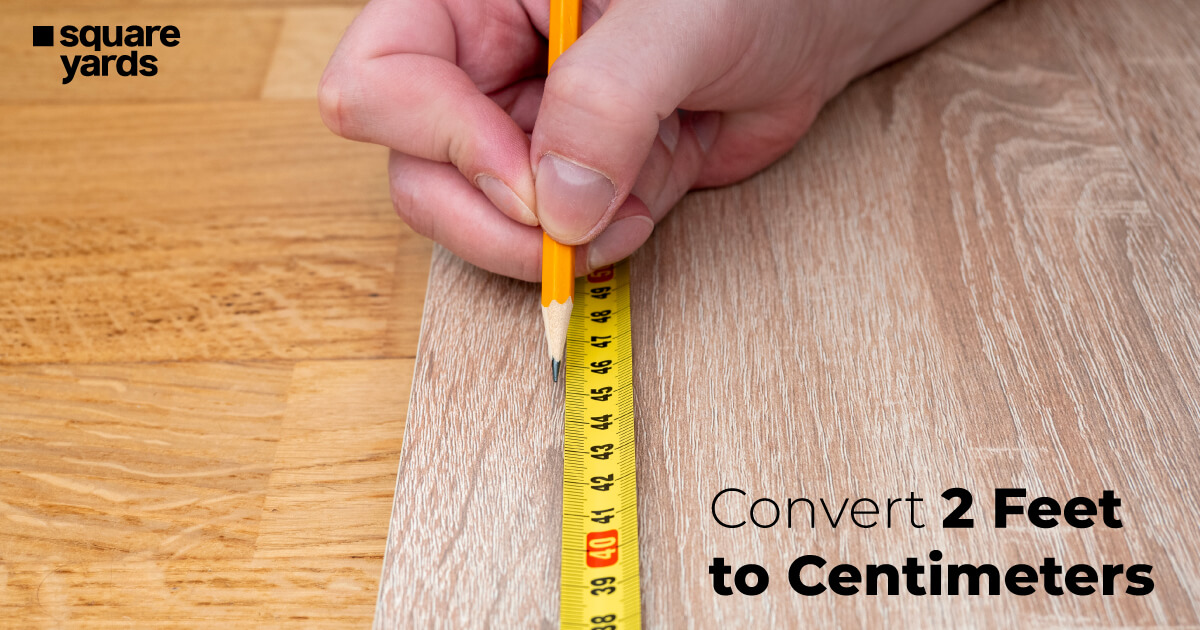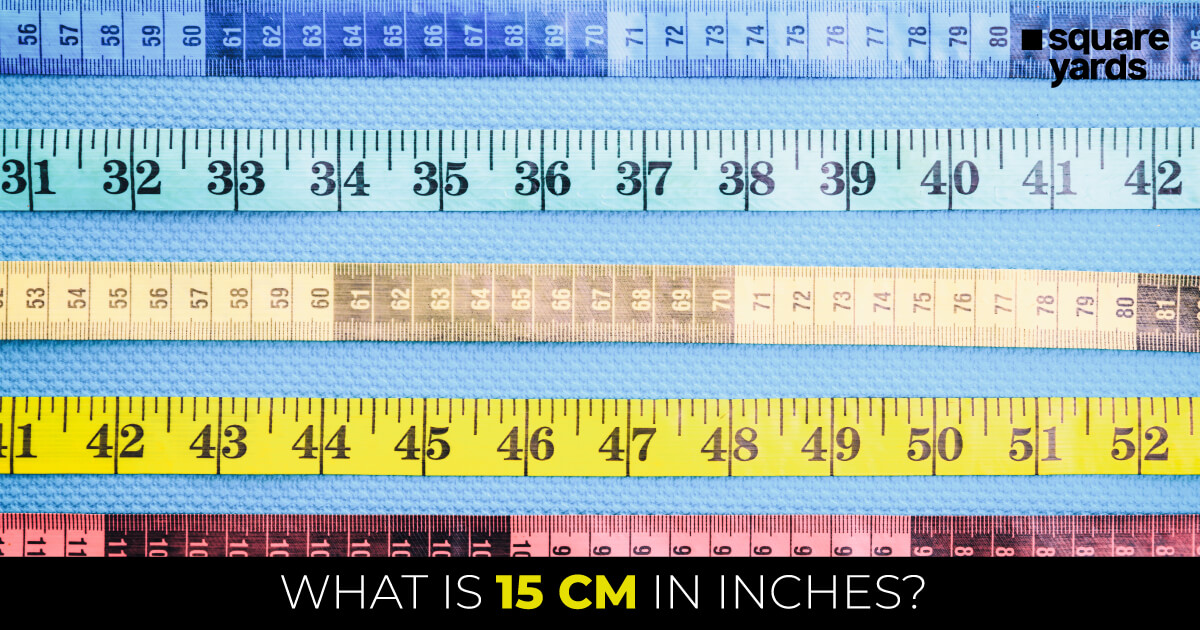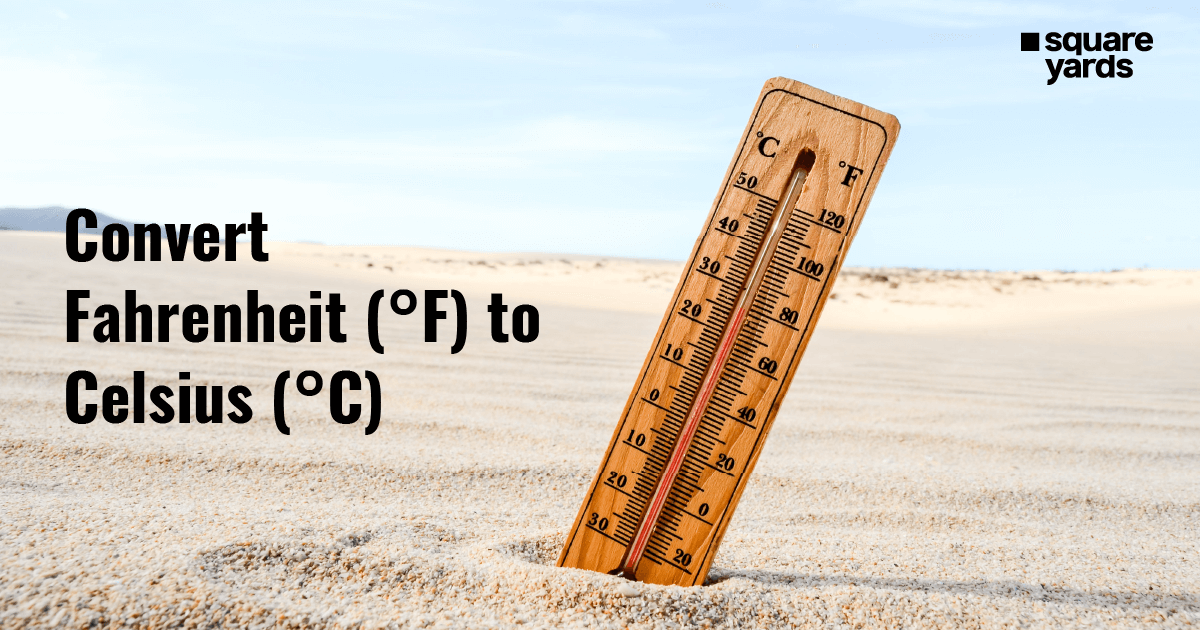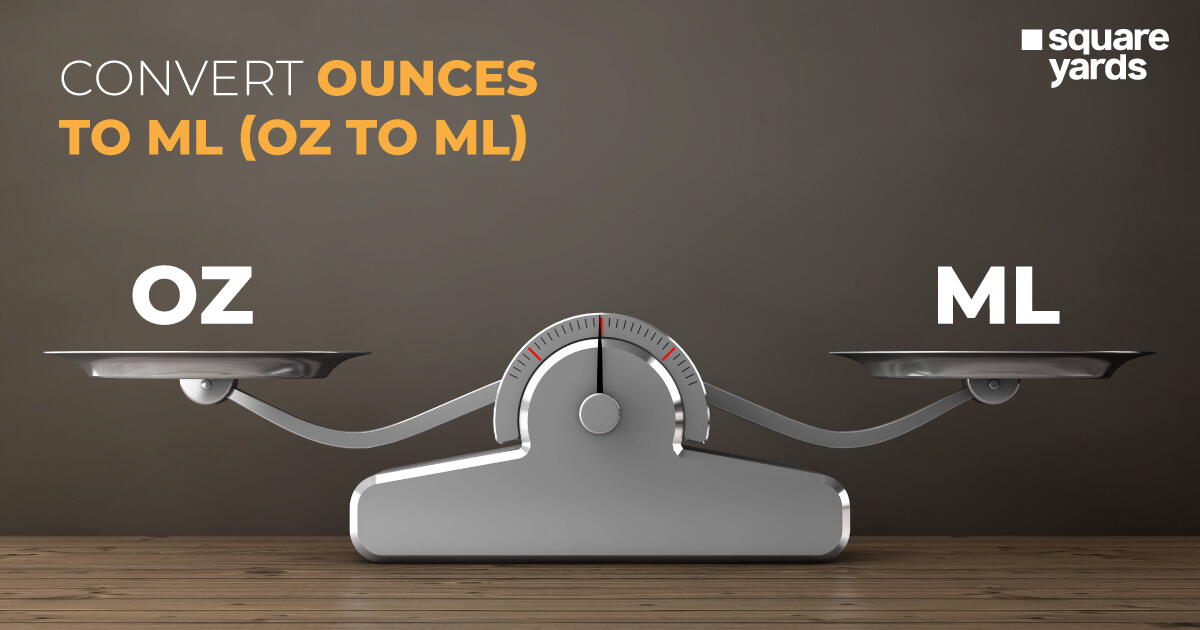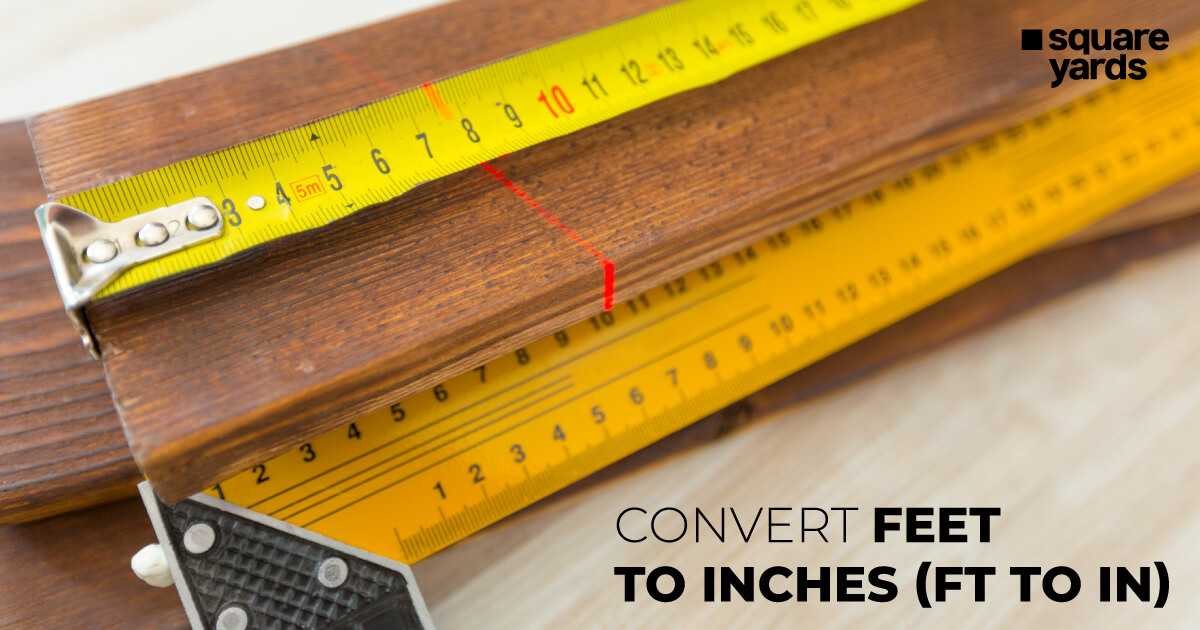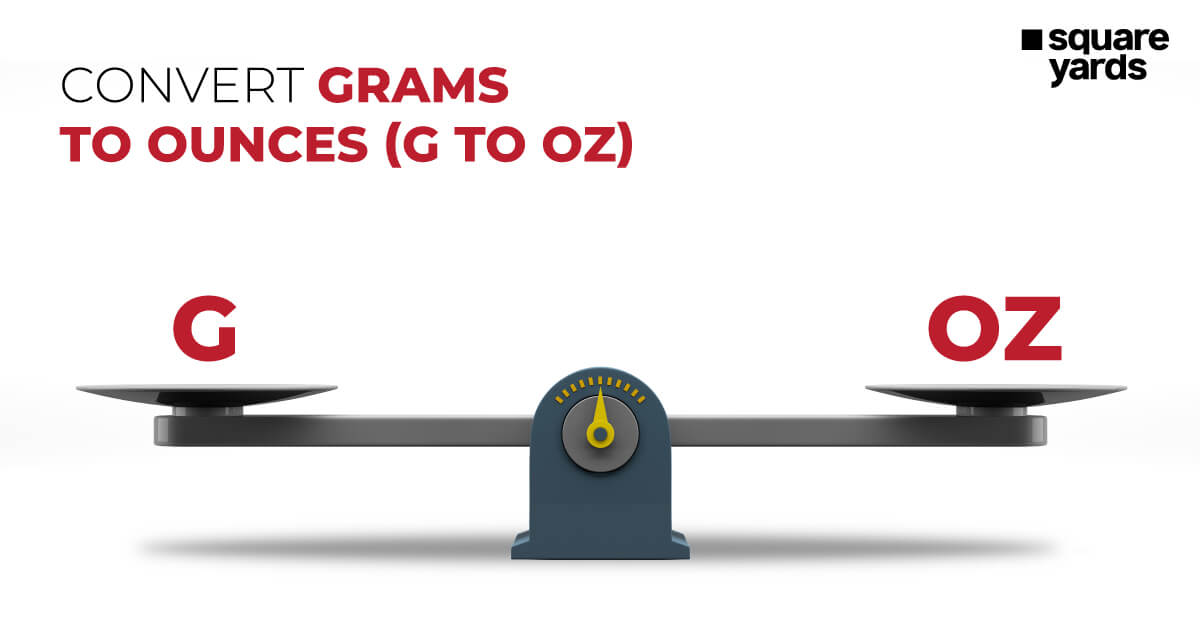Although switching from one SI unit to the other might seem challenging, it is not. We’ll go over the equation as well as the relationship between converting miles to km. Additionally, a detailed table that streamlines the process is provided, along with information on how miles and kilometres differ. We’ll show you how to convert miles to kilometres in this blog. Let’s study and comprehend the miles-to-kilometre conversions.
What is Miles?
A mile is the length’s SI unit that exists in the US and imperial customary systems of measurement. It is symbolised by mi or m. When converting miles into other units of measurement it measures exactly 1,609.344 in metres, 5,280 in feet, and 1,760 in yards.
-
Current Use of Miles
In countries like the United States (US), the United Kingdom (UK), Myanmar, Liberia, as well as some other countries that are either UK or US territories or even have historical connections with either country, the mile is still widely used. This is true even though the majority of countries have adopted the metric system hence now measure distances on land in kilometres instead of miles.
-
History of Mile
An English unit of measurement (predecessor to Imperial and US Customary Units) is the mile. Before the wider adoption of the metric system, the abbreviation “m” for mile was frequently used; after that, “mi” became the ideal abbreviation to avoid confusion between miles and metres. Due to the significance of the furlong in England in 1593, the meaning of a mile as 5,280 feet (or 8 furlongs), also known as the international mile, statute mile, or land mile, developed. This definition differs from the Roman mile of 5,000 feet.
What is Kilometre (km)?
The International System of Units uses the unit of length known as the kilometre symbolised by km. When we convert miles into kilometres 0.6214 miles are equal to one kilometre.
-
Current Use of Kilometres
In the majority of the world, it is currently the accepted unit of measurement for expressing distances between geographical locations on land. However, there are still a few nations, like the United States and the United Kingdom, that primarily use the mile instead of the kilometre (UK). The UK, unlike the US, has adopted the metric system; however, even though the metric system is widely used in government, business, and industry, the UK still uses miles in its road systems, which is a holdover from the imperial system.
-
History of Kilometre
A metric prefix that means “one thousand” refers to kilo. Therefore, a kilometre is equal to 1000 metres. The metre’s origin and current definition, which states that light travels a distance in 1/299 792 458 seconds, are related to the origin of the kilometre. The relationship between the metre and the kilometre won’t change even if this definition does.
Relation Between Miles to Km
We can explain their relationship and convert miles to kilometres. The SI unit or the Imperial Unit System includes the mile. A kilometre is a unit of measurement in the metric system. Even though distance measurements are the primary use of both units. It’s easy to understand how to convert kilometres to miles.
There is only one connection between mi and km:
1 mile is equal to 1.609344 kilometres.
A kilometre is equal to 0.6213711922 miles.
How To Convert From Miles to Km?
You can convert miles into kilometres by understanding this simple formula:
1 mi equals 1.6 km.
1 km equates to 0.62 miles.
Using the formula let’s convert 9 miles into km:
9 X 1.6 = 14.4
Hence, 9 miles is equal to 14.4 km
Miles to Km Formula & Examples
Multiply the given value by 0.62 to convert the number from miles to kilometres. The value of the outcome would be represented in km.
Let’s examine it in greater detail using the provided examples.
Example 1: Convert 15 km to miles.
Solution: By putting the value of Km in the above formula, we will get:
= 15 * 0.621371
= 9.31 miles
Similarly, you can convert 15 miles into kilometres by using the formula.
= 15 * 1.60934
= 24 Km
Example 2: Convert 100 km to miles.
Solution: By using the above formula, we will get the kilometres
= 100*0.621371
= 62.1371 miles
Similarly, we convert 100 miles to Km, and the result would be
= 100 * 1.60934
= 160.934 Km
Miles to Kilometre Conversion Table
| Miles
(mi) |
Kilometres
(km) |
| 0 mi | 0 km |
| 1 mi | 1.609 km |
| 2 mi | 3.219 km |
| 3 mi | 4.828 km |
| 4 mi | 6.437 km |
| 5 mi | 8.047 km |
| 6 mi | 9.656 km |
| 7 mi | 11.265 km |
| 8 mi | 12.875 km |
| 9 mi | 14.484 km |
| 10 mi | 16.093 km |
| 11 mi | 17.703 km |
| 12 mi | 19.312 km |
| 13 mi | 20.921 km |
| 14 mi | 22.531 km |
| 15 mi | 24.14 km |
| 16 mi | 25.75 km |
| 17 mi | 27.359 km |
| 18 mi | 28.968 km |
| 19 mi | 30.578 km |
| 20 mi | 32.187 km |
Difference Between Mile and Kilometre(Km)
Here are some distinctions between the measuring units are as follows:
| Difference | Miles | Kilometre |
| Definition | A mile is used for measuring the length of the land. | A kilometre is a unit of measurement in the International Standard System of Units. |
| Symbol | mi | km |
| Formula | Miles = Kilometres (value) x 0.6213711922 | Kilometres = Miles ( value) x 1.609344 |
| Application | Miles are linked with nautical maritime navigation. | Kilometres are used to measure the distance between two points. |
You May Also Read
| Conversion of Inches To Cm | Inches To Cm |
| Guide To Inch To Mm | Inch To Mm |
| Convert Inches To Feet | Inches To Feet |
| Guide To Cm To Inches | Cm To Inches |
Frequently Asked Question (FAQs)
5 miles is equal to 8.05 km.
You can convert miles to km easily by using the miles to kilometre formulae.
You can convert miles to kilometres by simply multiplying the given number by 1.6.
1 km is equal to 0.62 in miles
1.6 km makes 1 mile
1 mile is equal to 1.6 km. What distance is 5 miles in km?
How to convert miles to km easily?
What is the fastest way to convert miles to kilometres in your head?
What is 1 km equal to in miles?
How many km makes 1 mile?
What distance is 1 mile in km?

